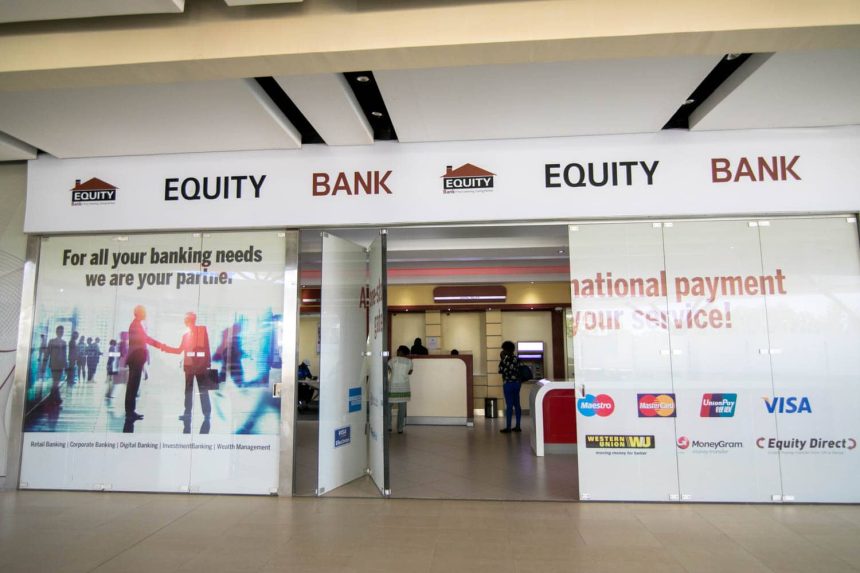Equity Bank Kenya has lost a Sh1.16 billion tax dispute arising from various fees earned by the lender between 2013 and 2016, which the High Court ruled was subject to excise duty.
Justice David Majanja agreed with the Kenya Revenue Authority (KRA) that loan and credit evaluation review, temporary overdrafts, un-cleared cheques, letters of credit, bank guarantees, invoice and bill discounting, fall within the definition of interest under the Income Tax Act (ITA).
The Tax Appeals tribunal had ruled in favour of Equity Bank in a decision rendered in March last year, prompting the taxman to appeal at the High Court.
Read: Banks first quarter profits up 25pc on lending spike
The judge ruled that the tribunal erred by relying on the definition of interest in the ITA to conclude that the said fees charged by the lender in respect of the transactions were interest and thus exempt from excise duty.
“It (the tribunal) ought to have been guided by the plain and literal interpretation of the term rather than borrowing the definition from a different statute,” Justice Majanja said.
The court was informed that the taxman conducted a tax compliance audit of Equity Bank from 2013 to 2016.
The KRA pointed out that its analysis of the fees, other fees and commission income showed that the lender failed to pay the right amount of tax and that its explanation as to why certain transactions were not charged excise duty, was insufficient.
The KRA held that the charges the bank levied on the loan and credit facilities such as temporary overdrafts, un-cleared effects, letters of credit, bank guarantees and invoice and bill discounting it granted to customers, do not fall with the definition of interest or return of a loan amount, and the charges attracted excise duty.
The court was further told that the Hunger Safety Network Programme (HSNP) run by donor organisations such as DFID in conjunction with the government of Kenya were not operating within the ambit of the Financial Sector Deepening Trust (FSD) and MOU between the government and DFID did not expressly exempt the program from taxation.
The KRA, therefore, said the lender ought to pay Sh1.16 billion including penalties and interest.
Equity Bank objected to the assessment stating that the charges to the facilities were not subject to excise duty.
According to the lender, the charges on loans provided to its customers are not interest in nature and the demand by KRA was incorrect and unfair and goes against the generally accepted rules of interpretation.
On HSNP, Equity said the agreement between DFID and the government of Kenya recognises that the income is by way of grants, all of which are transfer incomes that have already been subject to taxation framework in the country of origin.
The lender added that the agreement notes that such FSD income shall not be used to meet the cost of taxes or fiscal charges imposed by the government whether directly or indirectly.
Read: Equity buys extra 6.6pc stake in DRC bank for Sh9.2bn
The judge agreed with Equity Bank on the HSNP programme saying charging excise duty would be deviating from an agreement allowed by the Treasury.




